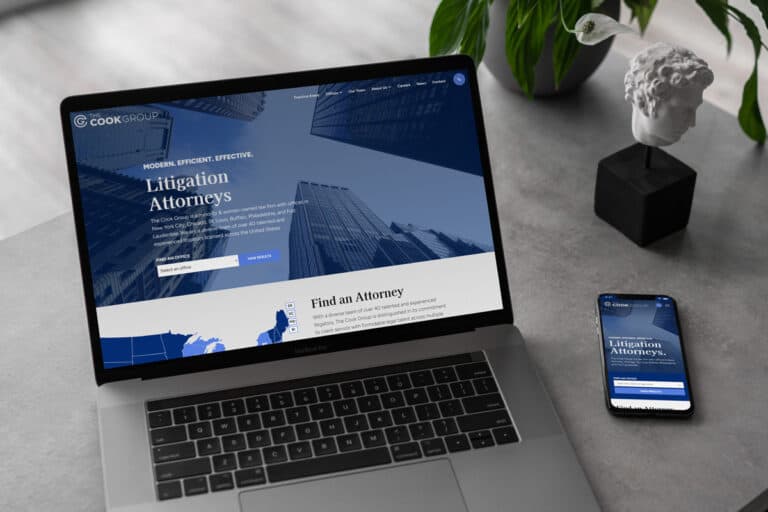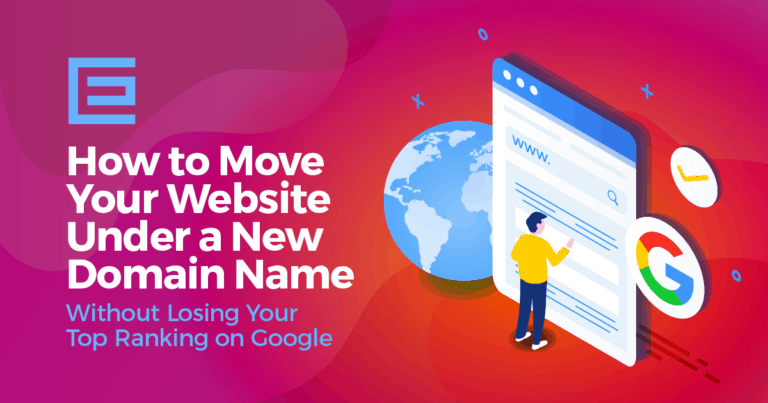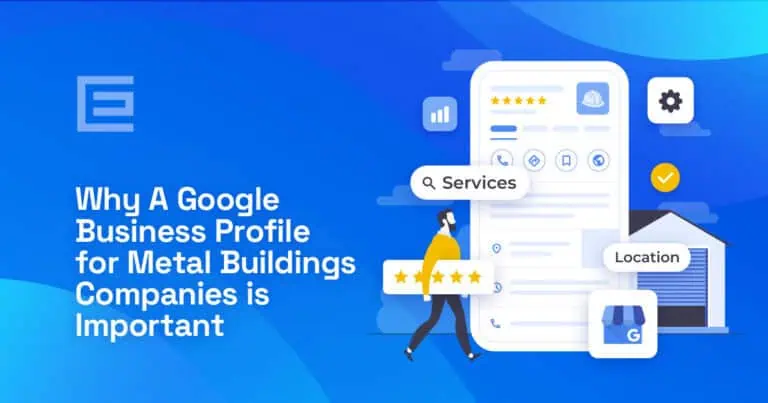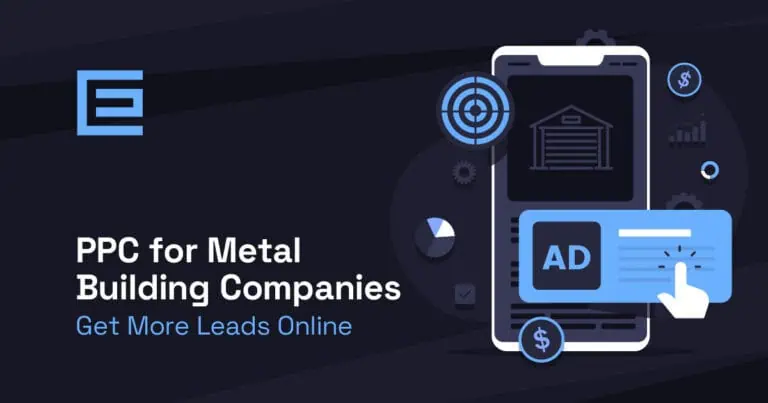Running search ads for law firms requires precision. Every click costs money, and the legal industry is one of the most competitive markets in paid search. These PPC tips for lawyers will help you attract more qualified leads while minimizing wasted spend.
Whether you handle campaigns yourself or work with a trusted PPC services for lawyers provider like TheeDigital, understanding these strategies will help you improve ROI.
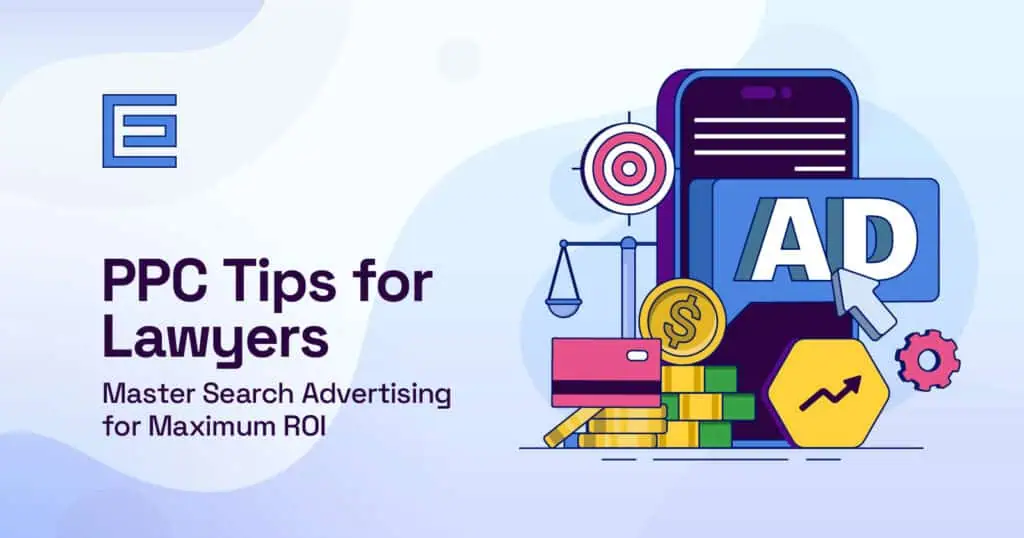
- 1Learn How to Read Analytics (The Most Important Tip)
- 2Location Targeting & Geofencing – Focus on High-Value Areas
- 3Use Assets to Increase CTR
- 4Brand-Building via PPC – Stay Top-of-Mind in Search
- 5Split Campaigns by Practice Area and Case Type
- 6Retarget Previous Website Visitors
- 7Use Dynamic Keyword Insertion and Location Keyword Insertion
- 8Don’t Blindly Follow Google Ads Automation
- 9Use Negative Keywords to Eliminate Wasted Spend
- 10 Mobile-First Mentality
1. Learn How to Read Analytics (The Most Important Tip)
If you only apply one of these PPC tips for lawyers, make it this one. Analytics solve problems, identify new opportunities, and prevent wasted spend.
For instance, if consultations drop, you might assume PPC is failing. But reviewing all channels may show the issue lies in organic traffic instead. Fixing the wrong problem wastes time and money.
Track consistently:
– **CTR:** Are your ads compelling?
– **Conversion Rate:** Are landing pages converting?
– **Search Term Reports:** Are irrelevant clicks draining your budget?
– **Cost Per Conversion:** Is each case profitable?
One of the best PPC tips for lawyers is to make weekly data reviews part of your routine. Don’t just look at your Google Ads dashboard. Review SEO tools like Google Search Console, SEMRush or AHrefs for keyword tragi, GA4 for an overview or your website traffic by channel
2. Location Targeting & Geofencing – Focus on High-Value Areas
Targeting too broadly is a common mistake. Use radius or ZIP code targeting to restrict ads to areas you actually serve. A family lawyer in Raleigh should focus on Wake County rather than all of North Carolina. This is one of those PPC tips for lawyers that directly improves lead quality and reduces wasted spend.
3. Use Assets to Increase CTR
Google’s **assets** (formerly ad extensions) are critical for making your ads stand out. Recommended assets include:
– **Call Assets:** Click-to-call for immediate consultations.
– **Location Assets:** Show your office address to build trust.
– **Sitelinks:** Direct visitors to ‘Free Consultation’ or ‘Case Results’ pages.
– **Lead Form Assets:** Let users submit information directly in the ad- but be careful, this asset can lead to a lot of spam form submissions.
This is one of the simplest yet most effective PPC tips for lawyers to increase visibility and credibility. Basically, any asset that is relevant to your business, should be filled in with as many details as possible.
Assets allow your ads to cover more search engine real estate. They help you get seen by prospects much better than those without.
4. Brand-Building via PPC – Stay Top-of-Mind in Search
Brand-building ensures people searching for legal help consistently see your name, even if they don’t click immediately. Run branded campaigns so competitors can’t bid on your firm name. Consistent visibility is a subtle but powerful PPC tip for lawyers.
5. Split Campaigns by Practice Area and Case Type
Split campaigns by practice area instead of lumping everything together. For example:
– Car Accident Campaign → Car Accident Landing Page
– Wrongful Death Campaign → Wrongful Death Landing Page
This PPC tip for lawyers allows for better ad relevance and clear ROI tracking by case type. Lumping 5 search themes into one ad group is a good way to tank your campaign’s success.
6. Retarget Previous Website Visitors
Retargeting keeps your firm in front of people who already visited your website. For example, if someone read your ‘Slip and Fall Cases’ page, show them a follow-up ad offering a free consultation. Retargeting is one of the highest-converting PPC tactics for lawyers.
7. Use Dynamic Keyword Insertion and Location Keyword Insertion
Dynamic Keyword Insertion (DKI) updates your ad headlines to match search terms. You can add keywords, locations and other useful information to your ads that dynamically change based on what prospects just searched for. At TheeDigital, we highly recommend using dynamic locations for any local business looking for prospects in their area.
Example: A search happening in the city of Raleigh for ‘Divorce Lawyer’ triggers an ad that reads: ‘Raleigh Divorce Lawyer’
8. Don’t Blindly Follow Google Ads Automation
Google’s automation often pushes broad match keywords and aggressive bidding that can waste law firm campaign budgets and drive uneven strategy.
Common pitfalls:
– **Broad Match Problems:** Ads show for irrelevant terms like ‘lawyer jokes.’
– **Smart Campaign Risks:** Automated bidding can overspend on low-converting clicks.
Manual review is a crucial PPC tip for lawyers to maintain control of your budget.
9. Use Negative Keywords to Eliminate Wasted Spend
Negative keywords are one of the most powerful cost-control tools in any PPC strategy. They tell Google which search terms you do not want your ads to show for, preventing you from paying for unqualified or irrelevant clicks.
Think of it this way: every irrelevant click drains your budget and pushes you further down the auction for high-value keywords. By actively managing negative keywords, you ensure your ads are shown only to people who are likely to become paying clients.
Why Negative Keywords Matter for Lawyers:
- Legal terms can overlap with non-commercial or low-intent searches. For example, someone searching “how to fight a DUI by yourself” isn’t looking to hire an attorney.
- Some searches are research-based, not hiring-focused, such as “average settlement for slip and fall cases.” These can waste clicks unless you specifically want informational leads.
- Competitor names can drain budget if you aren’t targeting them intentionally.
Examples of Effective Negative Keywords:
- Low-Intent Searches: “cheap lawyer,” “pro bono attorney,” “free legal help.”
- DIY/Research Terms: “DIY legal forms,” “self-representation tips,” “lawyer salary.”
- Irrelevant Services: If you’re a criminal defense attorney, you might exclude “immigration lawyer” or “family law.”
The best practice is to review your Search Terms Report weekly and add new negatives as you identify irrelevant queries. This ongoing maintenance is one of the most cost-saving PPC tips for lawyers, freeing up budget for high-converting searches.
10. Mobile-First Mentality
With over 70% of legal searches happening on mobile devices, a mobile-first approach is essential for successful PPC campaigns. A slow or poorly optimized mobile experience can cost you valuable leads before they ever contact your firm. Your landing pages should load quickly—Google recommends under three seconds—to keep users from bouncing. Click-to-call buttons are critical for legal services since many prospects prefer to speak with an attorney immediately. Finally, keep forms short and simple, asking only for essential details like name, phone number, and case type. Every extra field reduces completion rates and wastes your ad spend.
Looking for More PPC Tips on Your Legal Campaigns?
Applying these PPC tips for lawyers will help you generate higher-quality leads, cut wasted ad spend, and strengthen your presence in search results. For firms that need expert help, TheeDigital offers professional PPC services for lawyers and reliable PPC management for lawyers to maximize ROI.
Tags: Legal Marketing • Paid Search Marketing
